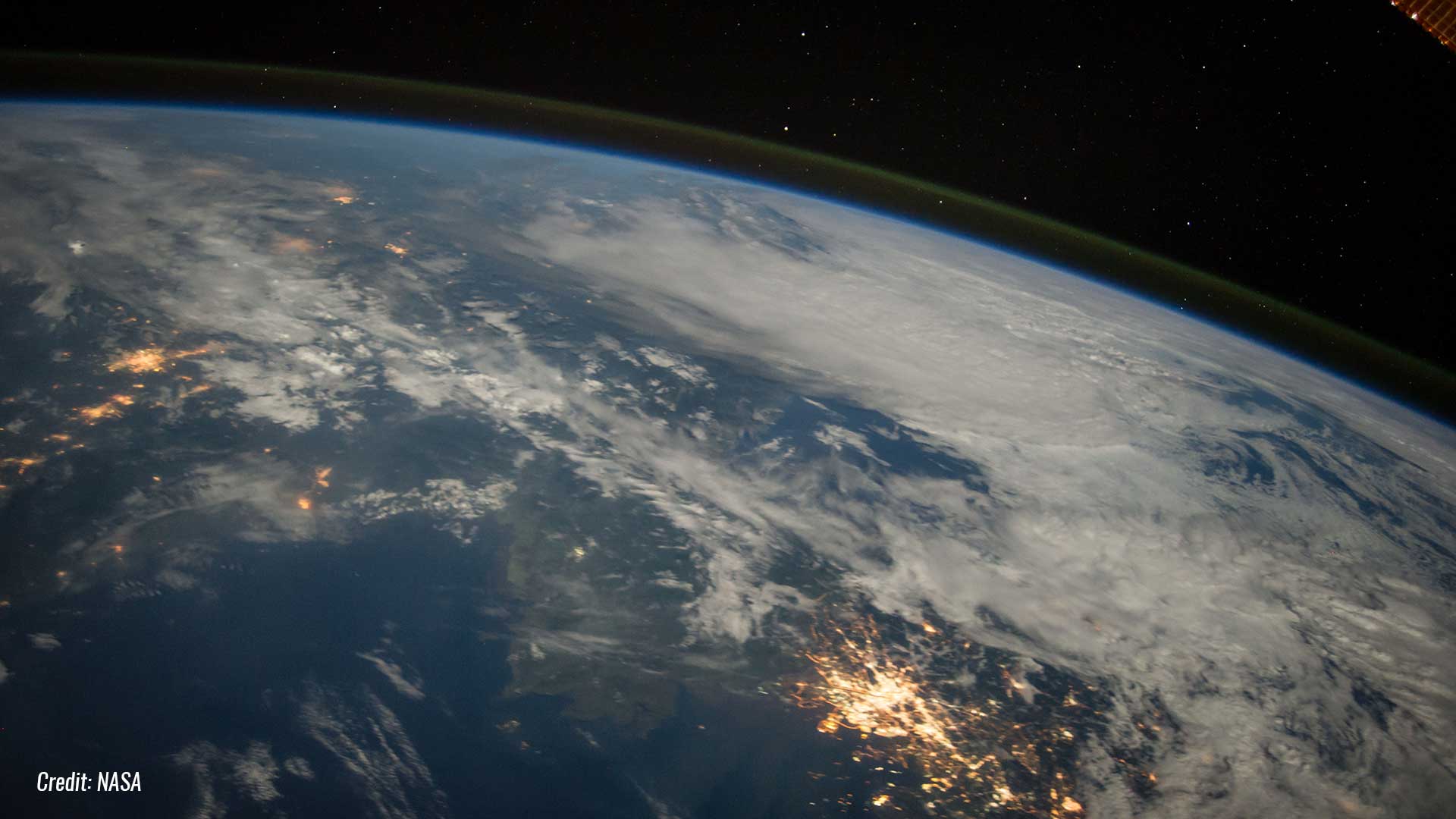- Future Students
- How to Apply
- Visit UHCL
- Admitted Students
- Tuition, Costs and Aid
- Degrees and Programs
- Contact Admissions
- Current Students
- Class Schedule
- Academic Calendar
- Advising
- Events
- Library
- Academic Resources and Support
- Student Services and Resources
- Alumni
- Lifetime Membership
- Alumni Events
- Update Your information
- Awards and Recognitions
- Give to UHCL
UHCL announces new Institute for Human and Planetary Sustainability
September 15, 2020 | UHCL Staff

University of Houston-Clear Lake is pleased to announce the launch of a new Institute for Human and Planetary Sustainability (IHAPS), focused on supporting world-leading projects and programs toward advancing sustainable solutions.
IHAPS, located at UH-Clear Lake, will combine fundamental research and practical projects and programs, from energy efficient systems to sustainable water and waste solutions, to geospatial information systems, environmental science, human performance, computational analytics, transportation, cyber security and more.
The institute’s mission will be to promote innovative solutions and sustainable outcomes to global challenges through a multidisciplinary approach bringing social, economic, environmental, and educational perspectives to the forefront. It will be advised by an independent board of directors and managed by a new faculty executive director.
"IHAPS will focus on the development of holistic and resilient approaches to solutions, where elements of sustainability — social, economic, environmental and educational — need to be addressed," said Associate Vice President for Strategic Information Initiatives and Technology Evelyn Miralles. "It will bring together top minds across different disciplines to catalyze innovation in unconventional and creative ways.”
Environmental sustainability is one of the most critical issues faced by mankind at present. The consequences of humans’ destructive impact on the earth have led many to argue that higher education will play a pivotal role in moving toward a future characterized by the ability to meet the needs of the present without impeding the needs of future generations.
For UHCL to reach its goal as a public transformative university in Texas, the world, and beyond, IHAPS should be prepared to provide opportunities and programmatic support to advance studies and research in the fields, which support the growth of sustainable results.
IHAPS will aim to unify and support faculty, students, and external stakeholders who desire to generate new knowledge and solutions through research and engaged scholarship activities in sustainability development, and apply the outcomes from those activities to our campuses and communities around the world. The institute will create opportunities for multidimensional, intersectional collaboration, across all colleges through departments, which can address the issues or challenges at hand, and seek out funding resources for those opportunities to thrive.
"This university’s history is marked by a continued effort in the exploration for sustainable living," said UHCL President Ira Blake. "IHAPS will foster an ecosystem of exploration, drawing from diverse disciplines to drive a new era to advance human and planetary sustainability efforts that will aim to improve our way of living.”
IHAPS’ goals are also directly related to UHCL’s new vision, mission, values, and strategic plan. “A key component of our new vision is to engage in innovative research, and a key component of our new mission involves community partnerships, both of which are related to IHAPS’ activities and scope,” said Chief Strategy Officer Kevin Wooten. “Most importantly, IHAPS is directly built upon UHCL’s core value of sustainability, as it relates to stewardship over both natural and social resources.”
“IHAPS directly supports five of 15 university strategic objectives, inclusive of Improve Technology, Improve Learning Resources, Improve Community Collaborative Processes, Improve Innovation, and Improve University Recognition,” he added. “Thus, IHAPS is a crucial driver in the future success of UHCL.”
UHCL plays a critical role in the Texas southeast area community and is an outstanding model for creating a more prosperous future. “The Institute will collect quantitative and qualitative data on these efforts from all areas of the university, perform requisite data analytics, and share the resulting information across and beyond the campus,” Miralles said. “The goal of IHAPS is for data analytics to create a growing, innovative, and collaborative community that can effect transformative changes within its sphere of influence.”
IHAPS ultimately aims to achieve positive outcomes that will affect the health of both the Earth and the people who inhabit it. With new multidisciplinary capacity, an enhanced problem-solving culture, new discoveries, and creative teaching and learning experiences, a greater impact on the community will be realized.
"The establishment of the Institute for Human and Planetary Sustainability represents a new benchmark in the realization of sustainable ambitions, a boon to our community, and by intention, a great benefit to humankind," Miralles added.
Learn more about IHAPS online.






